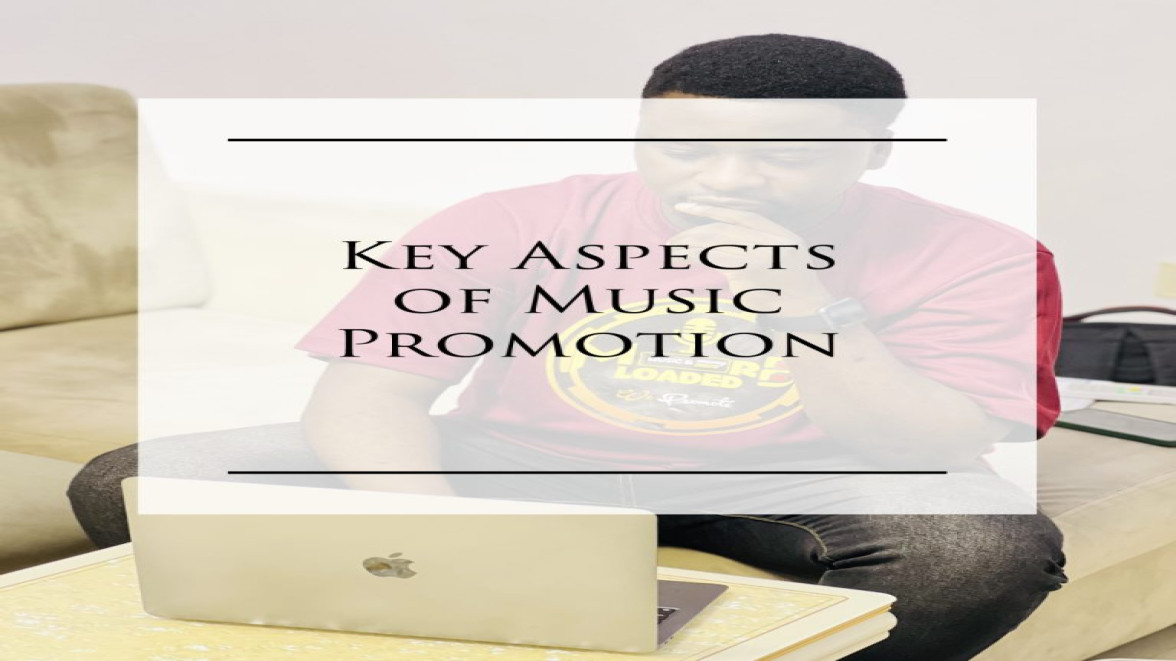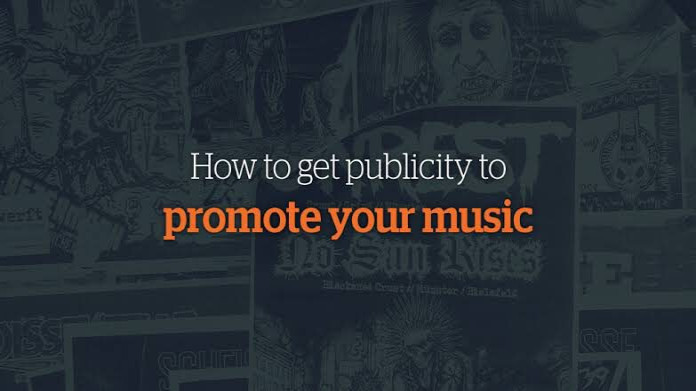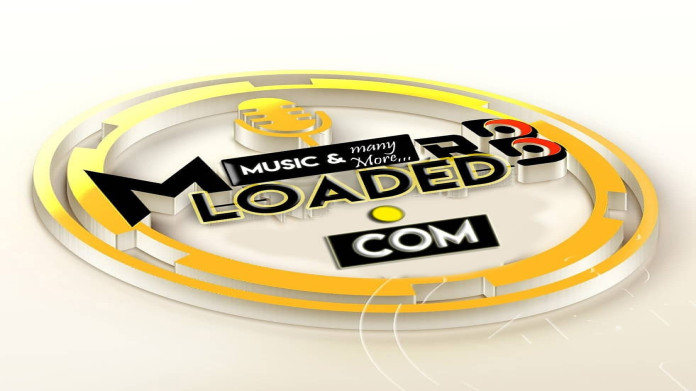
Key Aspects of Music Promotion
The music promotion
business refers to the activities and strategies employed to promote
and market music to a wider audience. It involves creating awareness and
driving interest in musical artists, their songs, albums, or live
performances.
In the digital age, music promotion has evolved significantly due to the rise of online platforms and streaming services. Here are some key aspects of the music promotion business:
Key Aspects of Music Promotion
1. Online Presence: Establishing a strong online presence is crucial for music promotion. This includes creating artist profiles on various streaming platforms like Spotify, Apple Music, and YouTube, as well as maintaining a website and social media accounts to engage with fans and promote new releases.
2. Publicity and PR: Engaging with the media and securing press coverage is an essential part of music promotion. Publicists or PR agencies work to get artists featured in interviews, articles, reviews, and other media outlets to increase visibility and generate buzz around their music.
3. Radio Promotion: Radio airplay remains a significant avenue for music promotion. Radio promotion teams pitch songs to radio stations and DJs, aiming to secure airtime and increase exposure. This can involve promoting singles, sending out press releases, and organizing interviews or performances.
4. Live Performances: Live performances play a critical role in promoting music. Artists may go on tour, perform at festivals or concerts, and collaborate with other musicians to expand their fan base. Live shows not only allow artists to connect with their audience but also generate press coverage and word-of-mouth promotion.
5. Social Media Marketing: Social media platforms like Facebook, Instagram, Twitter, and TikTok have become powerful tools for music promotion. Artists can engage with their fans directly, share updates, release teasers, and promote their music through targeted advertising campaigns.
6. Influencer Collaborations: Collaborating with popular influencers or content creators who align with an artist’s genre or target audience can help reach new listeners. By featuring an artist’s music in their content or endorsing it, influencers can introduce the music to their followers and potentially generate a viral effect.
7. Music Videos and Visual Content: Creating visually captivating music videos can significantly enhance promotion efforts. Music videos can be shared on platforms like YouTube and social media, attracting viewers and generating exposure for the artist.
8. Streaming Playlists and Curators: Getting featured on popular streaming playlists can expose an artist’s music to a wide audience. Curators and playlist editors have significant influence on streaming platforms, and securing placement on curated playlists can boost an artist’s visibility and increase their chances of being discovered.
9. Music Blogs and Online Magazines: Online music publications and blogs can help generate buzz and critical acclaim for an artist. Securing positive reviews or features in reputable music blogs can attract new listeners and build credibility.
10. Collaborations and Remixes: Collaborating with other artists or producers and creating remixes of popular songs can help expand an artist’s reach. Collaboration exposes an artist to the existing fan bases of other artists, increasing their visibility and potential for new fans.
It’s worth noting that the music promotion business is highly competitive, and success often requires a combination of talent, persistence, networking, and effective marketing strategies. Many artists also work with music promotion agencies or hire professionals with expertise in the field to maximize their promotional efforts.
Key Aspects of Music Promotion


